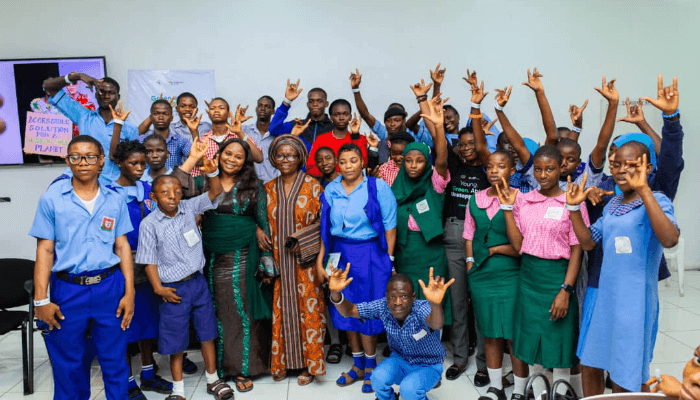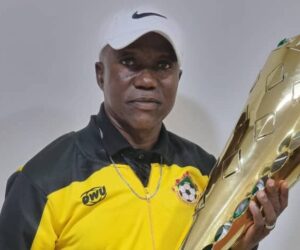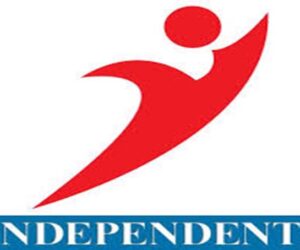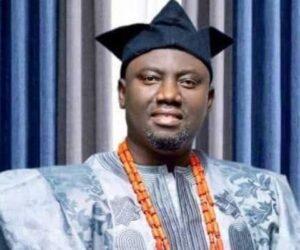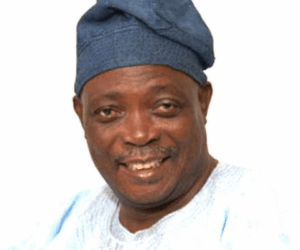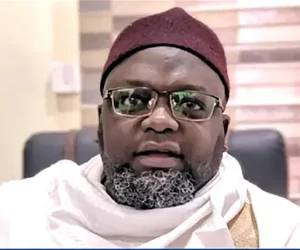As part of efforts to mark this year’s climate week, the EcoSmart Club convened over 100 young People with Disabilities (PWDs), educators, policymakers, and sustainability professionals to explore inclusive opportunities in Nigeria’s growing green economy.
Through a GreenAbility Workshop, held under the theme ‘GreenAbility: Unlocking Opportunities for Young PWDs in the Green Economy,’ the event combined education, storytelling, and hands-on demonstrations to highlight
career pathways in solar energy, recycling, sustainable agriculture, and creative upcycling.
Hannah Omokhaye, founder of EcoSmart Club and convener of the project, explained that its major aim was to enable young persons with disabilities to build climate resilience through leadership, education, green skills, and community-building skills.
“Many people underestimate the potential of PWDs, but we believe they are central to achieving an inclusive and just transition,” she noted.
Omokhaye said that the goal of the project was to establish that disability is not inability.
She added, “We believe that the green economy must be inclusive if it is to be truly just and sustainable. That is why today is about more than discussions; it’s about sparking confidence, building networks, and co-creating pathways for young PWDs to thrive.”
Setting the economic and policy context, Precious Oparanozie, partnership manager at Green Growth Africa, stressed that PWDs must not be excluded from Nigeria’s green economy, which refers to economic growth driven by environmentally sustainable industries such as renewable energy.
She linked this call to Nigeria’s energy transition plan, including the national strategy to shift from fossil fuels to renewable energy and achieve net-zero emissions by 2060.
“The economic case is clear: when we exclude the estimated 35.1 million PWDs in Nigeria from participating in the green economy, we are not just failing them, we are failing our nation’s potential for sustainable development and prosperity,” Oparanozie said.
Delivering the keynote address, Hajia Audu Amina, founder of Rebuilding Hope on Wheels Initiative, underscored the barriers preventing young PWDs from thriving in the green economy.
According to her, many young people are not yet in the green economy because information is not accessible and training centres are not inclusive.
“Funding and mentorship are limited, and green policies do not mainstream PWDs. In her words, young PWDs are solution providers, and green businesses and CSOs should train, mentor, and hire them.”
Participants engaged in fireside chats and expo-style practical sessions with recyclers, upcyclers, solar technicians, and green farmers, gaining direct exposure to tools, training opportunities, and career pathways.
Reflecting on the impact, Anuoluwapo Ogunrinu, project lead of GreenAbility, who is a young person with disability herself, said the workshop was an inspiration for young people navigating one disability or another.
“I know the hope and inspiration that comes from realising we, too, can contribute to Nigeria’s green economy, regardless of our disabilities.”

